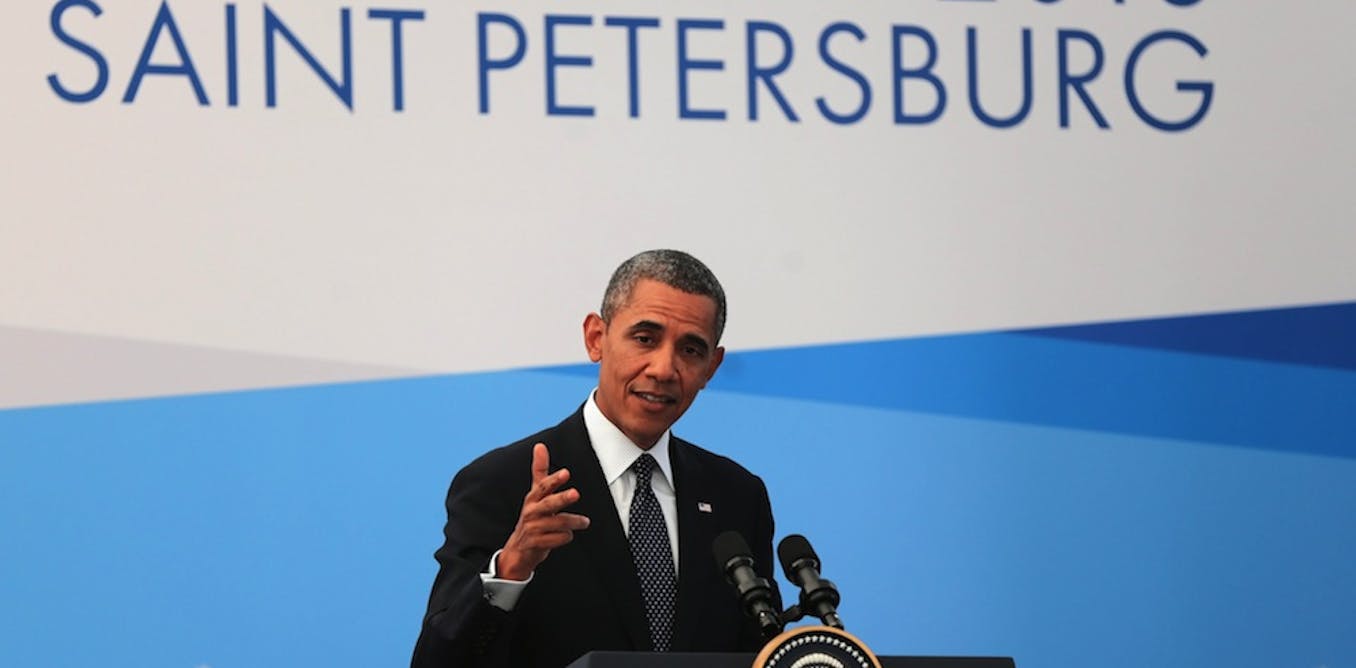
- Select a language for the TTS:
- UK English Female
- UK English Male
- US English Female
- US English Male
- Australian Female
- Australian Male
- Language selected: (auto detect) - EN
Play all audios:
WHAT WOULD PROPOSITION 18 DO? Allow 17-year-olds to vote in primary and special elections _if_ they will be 18 and eligible by the next general election. Currently, voters must be 18 to
participate in any local, state or federal election. This constitutional amendment would also pave the way for 17-year-olds who qualify to vote under this proposition to seek office, because
the law says only registered voters can run for elected positions. Estimated cost: Between $200,000 and $1 million at the county level every two years. Statewide one-time costs are
expected to be hundreds of thousands of dollars. WHY AM I VOTING ON THIS? The Legislature, by a two-thirds vote, placed this constitutional amendment on your ballot. It was the sixth time
state lawmakers had considered the idea, but the first time it has reached voters. Nationwide, at least 19 states and Washington D.C. allow 17-year-olds who would be eligible for the next
general election to vote early. Supporters say Allowing teens who would be first time voters in an election cycle to participate from the beginning could increase interest and voter
participation among youth. It’s a simple way to raise the voices of young voters. Many of them already work and pay taxes and they are allowed to join the military so voting if they are
eligible makes sense. Opponents say Seventeen-year-olds are still kids. Biologically their brains are not yet fully developed, they can’t enter into legal contracts, and they still need
parent permission for certain activities. These high schoolers may be unduly influenced by teachers or school positions on issues, and many have no real world experience with paying bills,
renting or buying a house, or holding down a job.





